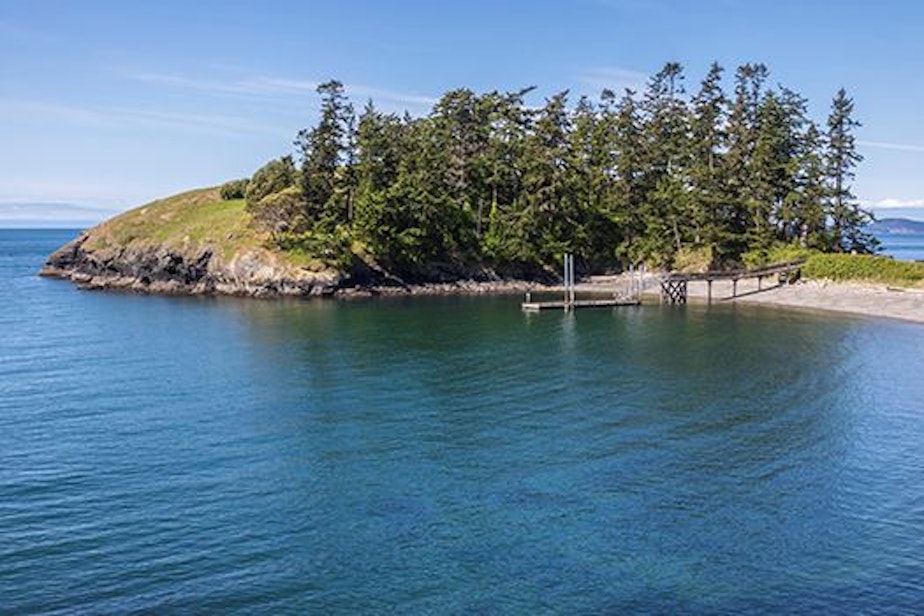Washington State Parks Commission Changes Plan On Navy Usage For SEAL Training

Changes to a plan that would allow covert Navy training at certain Washington State Parks are further angering some park goers.
Last month, the State Parks Commission approved a request for the Navy to conduct SEAL training operations at up to 17 parks. For at least nine months, the training must take place at night, when fewer park visitors would be around. The decision could be reevaluated after the trial period.
The restrictions came after pushback from park users who worried they would be unknowingly watched.
During a special meeting Thursday, the commission voted to let the state parks director decide if daylight restrictions can be lifted or modified after the Navy’s nine-month trial period is up, as long as the Navy complies with limits on when and where it will conduct training operations.
Port Townsend resident Larry Morrell says the concerns keep piling up. People are worried about being watched, about feeling unsafe, about harm that could happen to plants and wildlife, and more recently, about the potential that militias could use designated training times for their own training purposes.
Sponsored
“(With this Thursday vote) they’ve basically disregarded all the public input and said, ‘Well, we’re going to do this anyway,’” Morrell said. “All they’ve done is they’ve gone and moved that approval out nine months.”
The commission voted 5-0, with commissioner Mark Brown absent. Commissioner Sophia Danenberg abstained.
Morrell says it’s also frustrating because current parks director Don Hoch will retire in a month. A new director has yet to be selected. Morrell says he feels like the new parks director “can do pretty much whatever he wants at the end of nine months.”
Nine months after the first permit is issued, the director must give a report to the commission about “any interactions and issues arising involving park visitors and navy personnel, park visitors and park staff, and any additional comments received from the public,” according to minutes from the meeting.
Past parks usage
Sponsored
The Navy had previously used five Washington state parks for about 30 years. They’d asked to increase their training areas to 28 parks as a way to diversify sites. Navy officials have said Puget Sound offers challenging cold water training conditions that other military-owned properties can’t provide. It’s also looking at private property for other training operations.
During the operations, around eight SEAL trainees would dive from a submersible vessel. They’d swim onto a beach, disappear into the surrounding area and observe a mock scenario by other military personnel. For the first nine months, this would only happen under the cover of darkness.
After that trial period ends, the director can now decide if those restrictions should be modified or lifted. The Navy had originally requested to stay hidden in the state parks usually for around 48 hours.
Those in support of the operations say it’s important for SEAL trainees to stay safe.
“If they don’t train properly, things can happen to them, where they don’t come back the same – or not at all. … We should be honored to provide that training and not complain. We should always smile and know that those are ‘our guys,’” Joe Kunzler said at the January public comment meeting.
Sponsored
No list has been released of the 17 state parks that are still under consideration.
The Whidbey Environmental Action Network has already threatened a lawsuit. Morrell says there will be more citizen activism, including a group creating a website that attempts to determine when and where the Navy could conduct its training – so people can avoid those areas.
He also says concerned park users hope to push for a change to state laws so this type of training activity isn’t allowed.
“The citizens who do not like this concept are not going to go away. This is not the end of this,” Morrell said.Courtney Flatt covers environmental and natural resource issues for Northwest Public Broadcasting. She is based in Washington's Tri-Cities. On Twiter: @courtneyflatt Copyright 2020 Northwest Public Broadcasting. To see more, visit nwpb.org [Copyright 2021 Northwest News Network]
